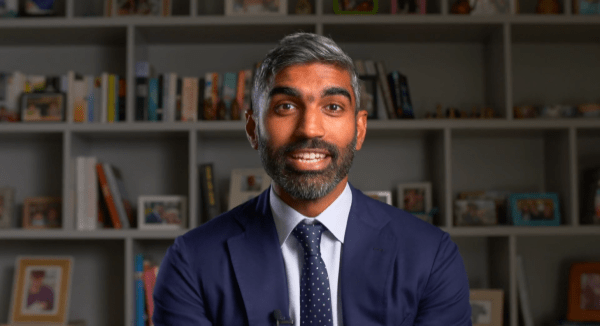Learn about the career
Due Date: Year 12/13
Perhaps your students ask, “Is medicine right for me?” They probably already have the ability to score well in exams and gain admission to a medical school. But before they make one of the most important decisions of their life, they need to have a realistic idea of what to expect. Here are some things you could point out that they need:
Aptitude
The entry criteria for medicine are designed to ensure students possess the right qualities. Your academic results measure academic abilities and proficiency in core subjects. The UCAT tests cognitive and emotional reasoning skills, as well as the ability to perform under extreme pressure. Interviews assess your ability to lead, work within a team and empathise with patients. These are all skills that doctors require.
Passion
Few people succeed in any career without passion. Yes, medicine is an incredibly interesting subject to study, but students also need a genuine interest. There’s no better way to develop students’ passion than to research the careers of medical practitioners and read about their journey. Our own Head of Education, Dr Ray Boyapati, shares some of his experiences and passion in our UCAT workshops.
Commitment
Students should be realistic about the commitment they’ll be making. Firstly, the process of getting into medicine in New Zealand is extremely competitive, and very few students are accepted on their initial attempt. Furthermore, medicine is a career that involves lifelong learning. In addition to 5-6 years of university studies, it can take up to ten years to independently practice some forms of medicine. Then the real commitment begins. Most people understand the rewards but it’s difficult to get a realistic idea of the challenges of medicine. Being responsible for people’s health requires commitment and sacrifice.
Understanding
Before they make a decision to study medicine, we highly recommend that your students reach out through friends and Whānau, or school alumni, to speak with a current medical student: they offer great perspective about the entry process and university life, and can be a mentor in the early stages of the application. It is also recommended that students speak to practicing physicians, read case studies, and carefully research the medical entry process.
Our Head of Education, Dr Ray Boyapati, provides virtual work experience through his Doctor Chats with Dr Ray series on Instagram TV.
_200337758.jpg)
